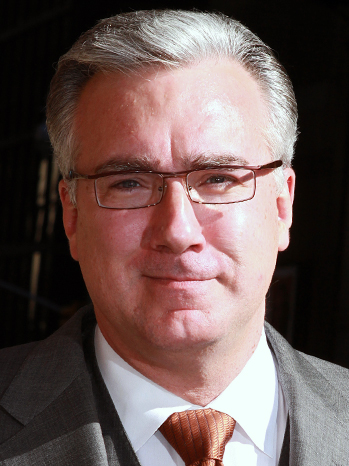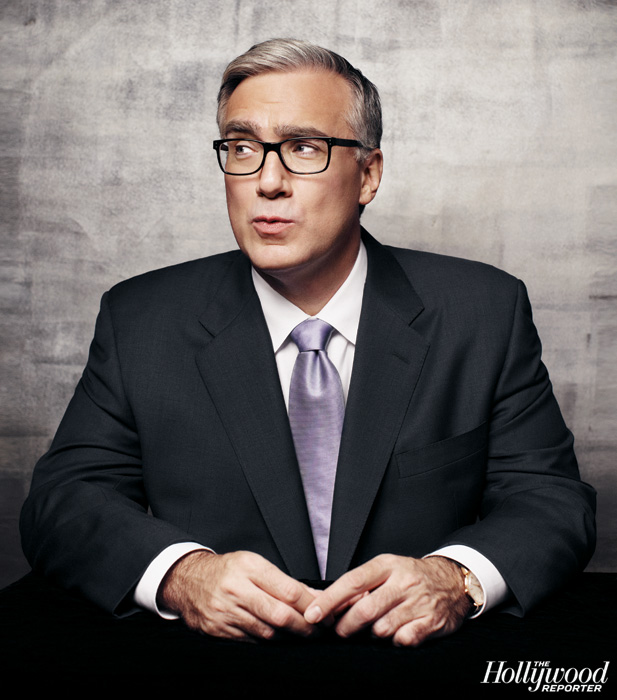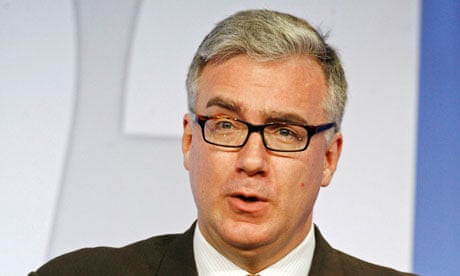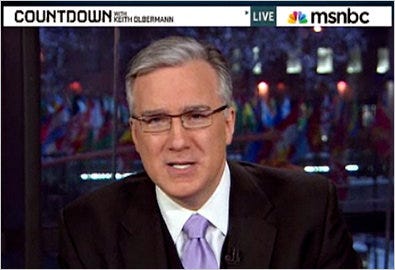Keith Olbermann Continued to Criticize MSNBC, Claiming that Lawrence O’Donnell
In a recent wave of criticism directed at MSNBC, former host Keith Olbermann has openly condemned the network’s recent programming changes. Olbermann did not hold back, labeling the decision as a “racist purge” following the network’s dismissal of several key figures, particularly those of color. This backlash comes on the heels of significant layoffs affecting well-known faces such as Joy Reid, Jonathan Capehart, Katie Phang, Alex Wagner, and Ayman Mohyeldin, all of whom played crucial roles in the network’s identity and diversity.
According to Olbermann, these cuts reflect a troubling trend that prioritizes cost-cutting measures over the representation of diverse voices in media. He specifically pointed to the cancellation of Joy Reid’s primetime show as emblematic of a larger issue of neglecting nonwhite talent. In his impassioned statements, Olbermann connected these layoffs to sweeping changes similar to those observed in social media under Elon Musk’s management, suggesting a broader insensitivity towards the dynamics of race in the decision-making process.
Reactions from Fellow Journalists
Amidst Olbermann’s fervent criticisms, other prominent figures within the network have also voiced their concerns regarding the programming changes. Rachel Maddow, another prominent MSNBC host, expressed her deep discomfort with the dismissals of her colleagues. In a heartfelt segment during her broadcast, Maddow referred to the situation as “indefensible,” highlighting the importance of diversity in media representation and its impact on public discourse.
Lawrence O’Donnell added his voice to the conversation, admitting that the programming changes appeared poorly considered. He empathized with Olbermann’s sentiments, pointing out that the network’s strategy seemed to neglect the vital contributions made by hosts of color and hinted at the possible repercussions of such decisions on the network’s audience and credibility.
MSNBC’s Response to Backlash
In response to the outcry following the layoffs and programming changes, MSNBC has attempted to make adjustments to the time slots of affected hosts rather than publicly defending their decisions. This reactive strategy has led to further scrutiny and ongoing discussions about the motivations behind their choices. Critics argue that without clear communication and justification, the network risks alienating its audience, particularly those who value diversity in news coverage.
The fallout from these changes extends beyond just Olbermann’s criticisms; the situation has reignited broader conversations about race, representation, and the responsibilities of media networks to foster an inclusive environment for all their talent. As Olbermann encourages his former colleagues to take a stand against the network’s actions, there is a growing concern for the media landscape’s commitment to equity in programming.
The Broader Conversation on Diversity in Media
Olbermann’s comments have sparked an essential dialogue about the representation of marginalized voices in media outlets. The backlash against MSNBC is not isolated but part of a larger narrative concerning how media companies handle diversity within their programming. With increasing public scrutiny, it has become crucial for networks to examine their practices and develop strategies that promote inclusivity, ensuring that television remains a platform for diverse perspectives and stories.
As conversations about race and accountability continue, it remains imperative for viewers and journalists alike to challenge media executives on the importance of maintaining a diverse lineup of shows and hosts. This extends not only to major networks like MSNBC but throughout the entire media ecosystem. Advocating for diversity and representation is quite simply non-negotiable in today’s rapidly changing media landscape.
In conclusion, as this situation unfolds, audiences will be watching closely to see how networks respond to the criticism leveled against them. The demand for accountability and representation in media cannot be overlooked, and it is up to both the networks and their audiences to ensure that the push for diversity continues. If you have strong feelings about media representation, now is the time to engage with these issues actively and demand change. Your voice matters.





